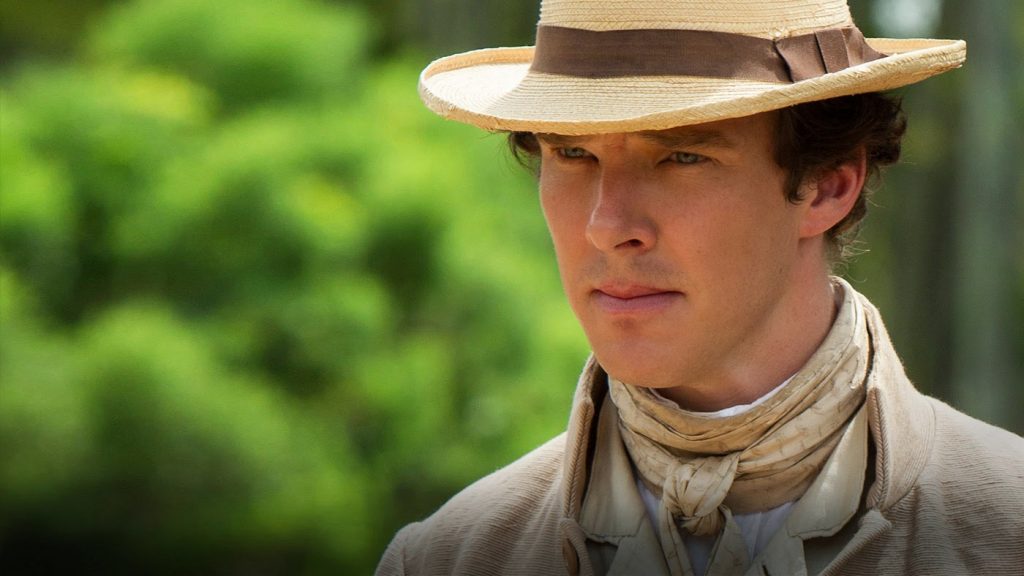What does history do for us?
The question is simple enough, but it strikes at the heart of what I do as a public historian. Sure, we can retreat behind clichés like the George Santayana quote: “Those who do not remember the past are condemned to repeat it.” But when you consider that idea in depth —that we should use history as a way to make decisions in the present—it becomes thorny fast. Sure, maybe a better consideration of history might have indicated that the war in Iraq was a bad idea, and that it would lead to sectarian chaos in the region. But if we use the past this way, it only resigns us to powerlessness. If the world is simply destined to behave as it always has, how can we possibly change it?
When historians are confronted with the question of history’s value and relevance, many have difficulty answering. Sure, it is a complicated question, but unless we are able to answer succinctly and powerfully when asked, history as an academic discipline will be consigned to obscurity. There was once a time when historians could get away with saying that history was important and worth studying simply because it was. In light of aggressive funding cuts to the arts and humanities around the world, that time is over.
There are many possible answers to that question. And I’ll write more about them as time goes by. The one that I’ll start with is the most interesting one I’ve heard recently. The idea was explained most succinctly by John Green, author of The Fault in Our Stars and presenter of Crash Course World History – a Youtube series that presents, in fifteen minute increments, entertaining summaries of world history. Green’s idea is this: “The study of History allows you to empathize better; it allows you to think more complexly about others.” And the importance of empathy – even imaginative empathy towards historical people – should not be underestimated. Simon Baron-Cohen, Professor of Developmental Psychopathology at Cambridge University and author of the Science of Evil: On Empathy and the Origins of Cruelty, (among many, many others), believes that empathy is the root of goodness in humans, and that a lack of empathy is the chief source of cruelty, barbarity and evil.
Baron-Cohen’s theories are of course more complex than that. And I am certainly not saying that studying history will make you a better person.
Actually, that is exactly what I’m saying.
History allows you to encounter people fundamentally different than yourself—people who grew up in a vastly different time and place, and who found themselves in an entirely different world than we see today. And yet, when read closely, we can see shadows of ourselves. I myself on a number of occasions, reading an old letter or standing in the keep of a shattered castle, have felt that I would not be so different from the people who lived there, who lived then. And that helps me, when reading stories about people today who live halfway across the world, to understand that even though they are in many ways totally different from me, they are complicated people doing their best to live a good life in their time.
Is this the only way to engage with history? Certainly not. But it is a useful one. So, the next time you are accosted at a dinner party and asked to justify why you are excited about the past, why you have dedicated your time to studying it, you could do worse than to answer “Because it makes me a better person.”
What do you think? How do you use the past? Have you encountered people in the past who help you to think about others?




Thank you for this article Paul. I am a postgraduate student of ancient history and I have struggled with answering the common question ‘why do you want to do that’ in the past (often accompanied with the question ‘what kind of job will you get with that?’). I usually provide some garbled answer that revolves around ‘passion’ and/or ‘understanding the world, humanity, and myself.’ I have often thought that studying history helps us relate with others. I could not have put it so eloquently!
Thanks very much, David! I wrote this out of a similar sort of frustration trying to answer those questions– which are almost even more frustrating when they’re well-meaning. I’ll be posting more on this topic soon.